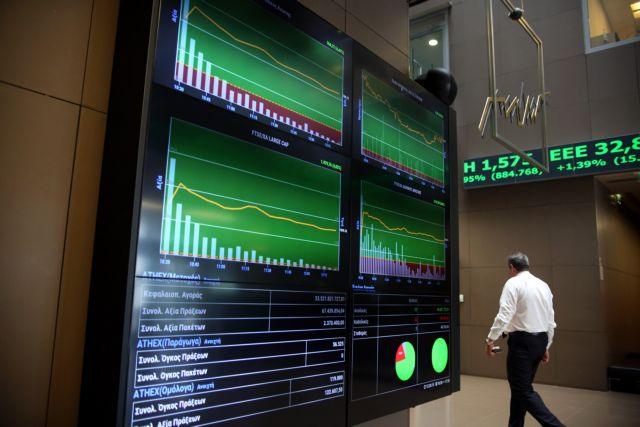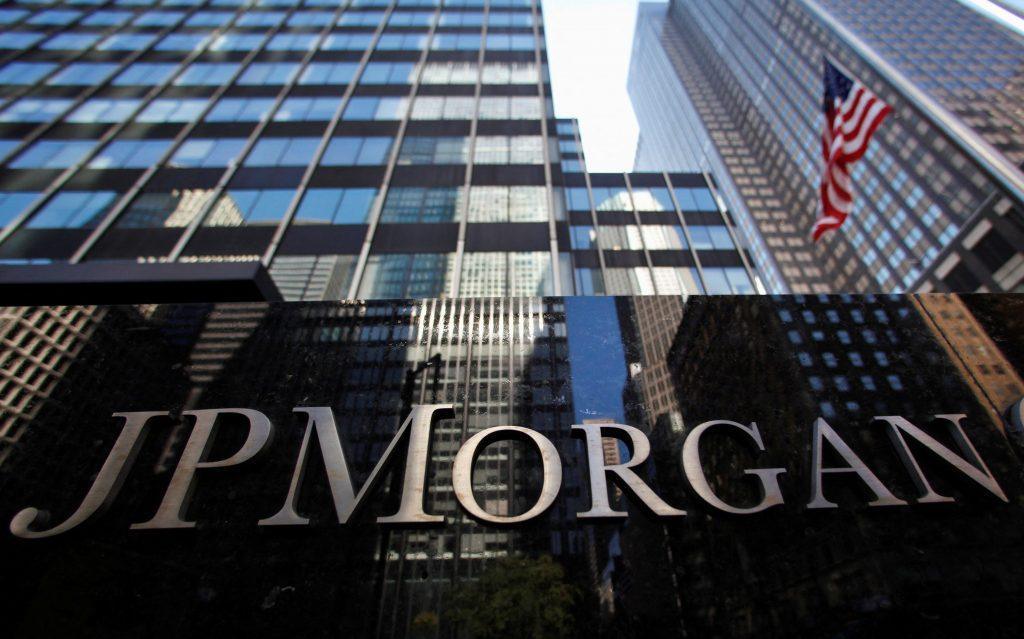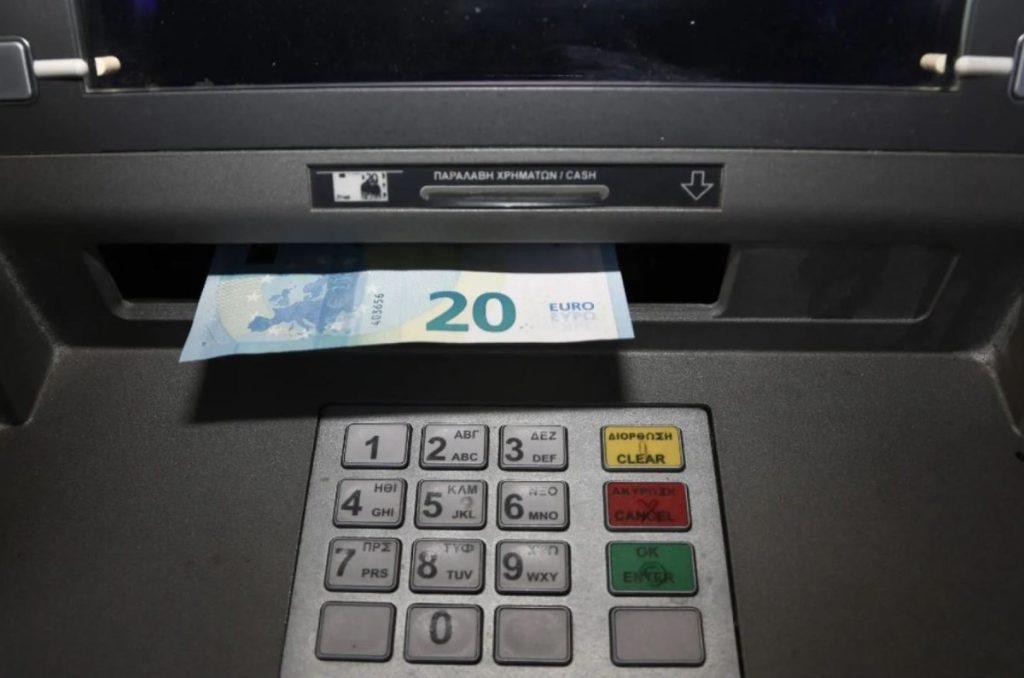January is moving at the pace of the evaluation of the Greek economy, as from tomorrow, the teleconferences for the penultimate evaluation before leaving the enhanced supervision will start at a technical level.
As OT has already written, around the 24th-25th of the month the heads of the Institutions are expected to take the baton with meetings with competent ministers. The focus is expected to be on the strength of the state budget with the new support measures for the pandemic and against the energy crisis.
There are also a number of pending issues such as the repayment of State overdue debts, outstanding pensions, issues of justice, the amount of private debt, issues concerning the Ministry of Health, etc.
Also, next Friday, January 14, the first meeting of the country is expected with the rating agencies and specifically with Fitch.
Following the decision of the European Central Bank, there is a strong possibility that Greece will return to the investment grade before 2023, a year that is the goal of the Ministry of Finance. The new rating is expected from January and the vote of confidence for the Greek economy and the special report by President Christine Lagarde that signaled to international markets and investors that Greek bonds will remain under the “shield” of the emergency market program, after March, due to the pandemic (PEPP).
It is noted that since 2021, S&P has upgraded the country to BB, while on the same scale BB is also the rating given by Fitch. Moody’s rating is lower, at Ba3 with stable outlook. In the fall, the DBRS Morningstar rating agency upgraded Greece by one step to BB from BB (Low), with positive outlook. It was proceeded a week before by the upgrade from “Scope Ratings” (BB + from BB).
The Greek economy has not yet formally closed the “trauma” of the crisis of 2009. That is, when Greece entered the “junk” tier. The “arrival” of the investment tier has been delayed due to the health crisis and as analysts and European officials publicly admit, the debt would have already been upgraded if the spread of the deadly virus had not terrorized the planet.
Bonds
Also, in the coming days, it is possible that Greece will make its first exit in the markets for 2022. The plan is for the country to borrow 10-12 billion euros in 2022 with the issuance of short-term and long-term bonds, while the first issue of a “green” bond is in the works, in the first half of 2022. Analysts estimate that the premiere in 2022 will take place with a new 10-year bond in January to raise 3.5 billion euros, continuing with a new 5-year bond in March to raise 1.5 billion euros, while the first quarter will end with re-opening of the 30-year bond for raising 1 billion Euros.
The relatively high cash flow (over 32 billion euros) and cheap lending aid – in addition to the cushion for the management of the pandemic and other crises – in the planning of the Ministry of Finance for the early repayment of loans of the first Memorandum – IMF (about 7 billion) and at the same time to effectively implement the plan for a gradual return to surpluses.






































